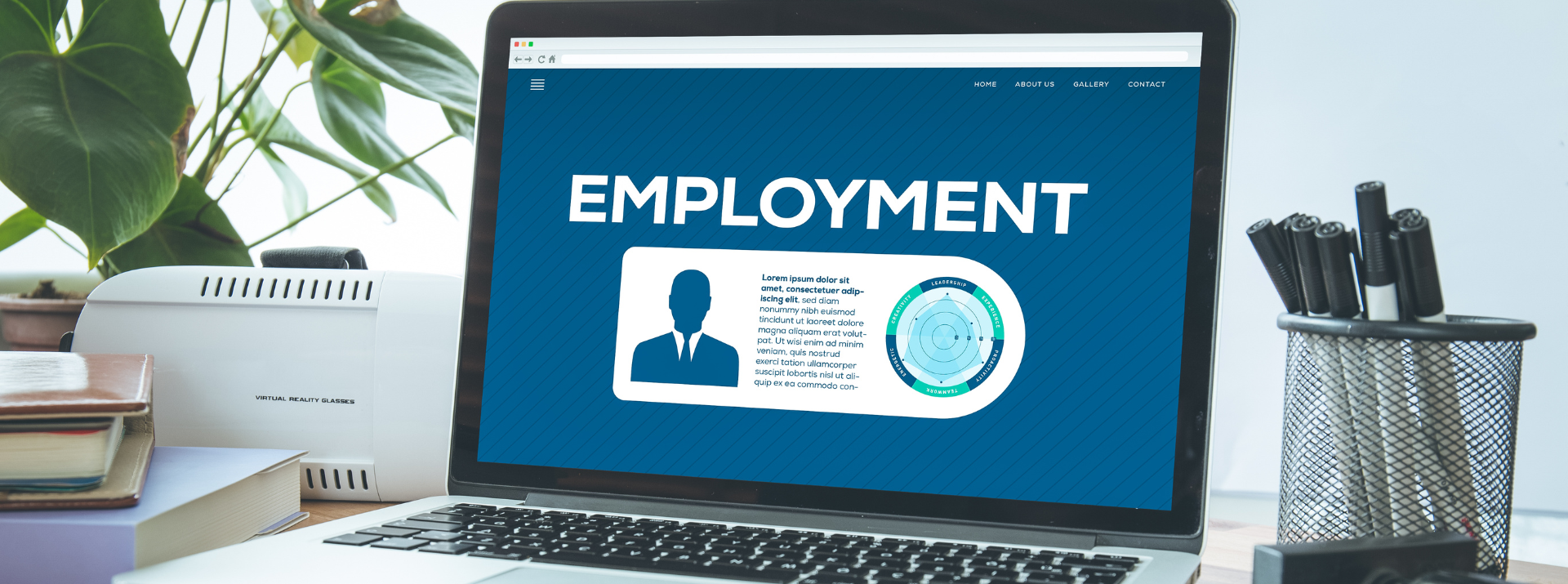Login
Your link will open in a new tab
If this has not happened, please click here
If this has not happened, please click here

In this article, Victoria Brown aka LadyBossHR, explains what documents employers should store in an employee file.
Why is it important?
All sized organisations must keep certain records about their employees. Some are a requirement by law and others are to ensure good internal processes. Since the launch of our HR software, I am surprised by the lack of understanding in this area and poor record keeping. This can lead to hefty fines. Knowing what needs to be kept and for how long can be confusing. Below is a useful guide covering everything you need to know about managing your employees’ records.
The following list is a recommendation on what documentation an employer should keep in an employee personnel file. My recommendation would be to use a HR software to track and store all this information online. It really is an area of weakness in many organisations, as relying on paper in a file will undoubtedly lead to human error.
Onboarding Documents
Throughout the Employment
Development and performance documents
Resignation/Termination Documents
What should you not keep in employee files?
I would always advise to keep it professional and avoid anything personal and opinionated, that is also my advice on emails. You should only keep documents that are about your employee’s role within the business.
How long should you keep employee information?
It is important that you adhere to GDPR rules surrounding employees’ data. You will be legally required to keep some data when an employee leaves your business. For further guidance on retention periods please contact our team.
If you have found this useful and fear you may not have everything in place, then why not take advantage of our easy-to-use HR software? We also offer an audit service of your existing records, to identify any gaps and run regular audits throughout the year to prevent any risk in your business.
To discuss this further or to book a demo of oneHR, please contact our Customer Success Team.
To find out more information or if you require any advice on what to store in an employee file, get in contact with our team of experts.
T: 0330 107 1037
E: contact@onehrsoftware.com